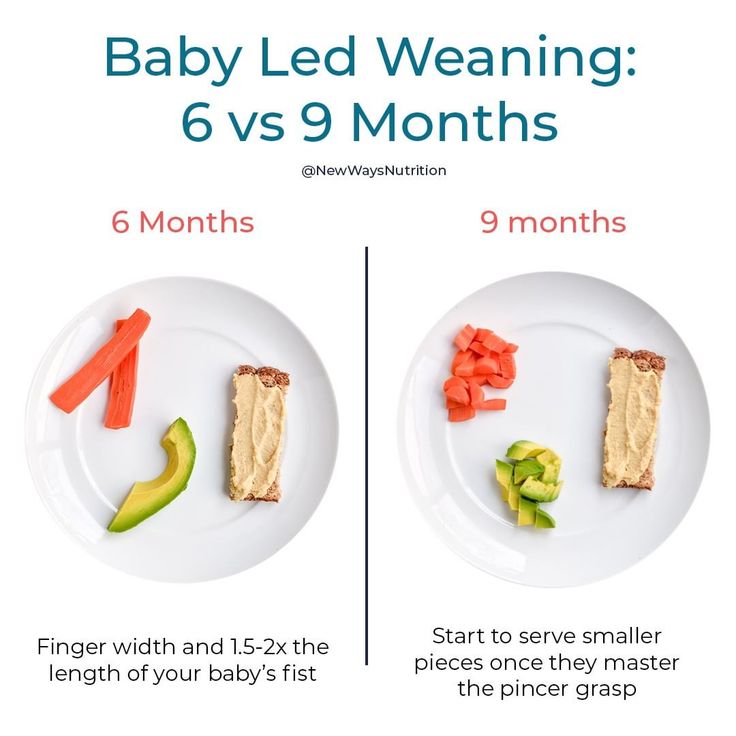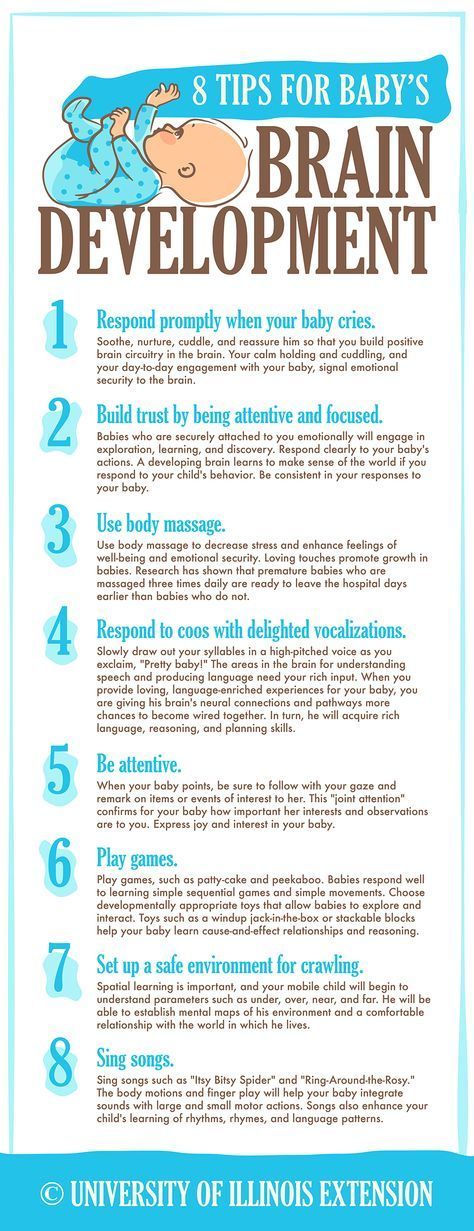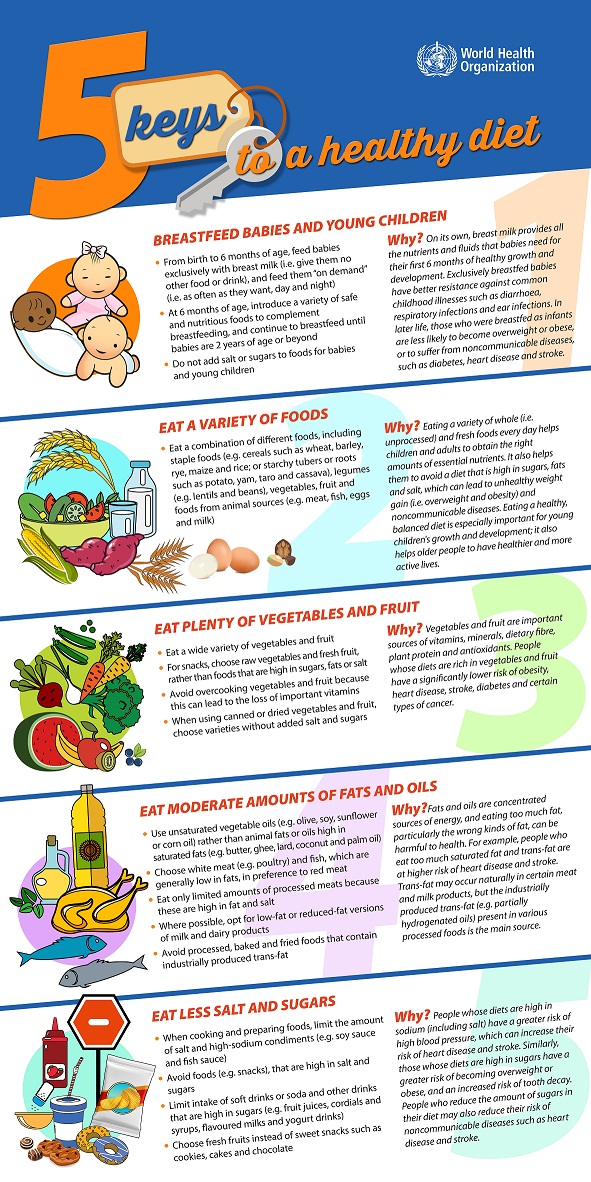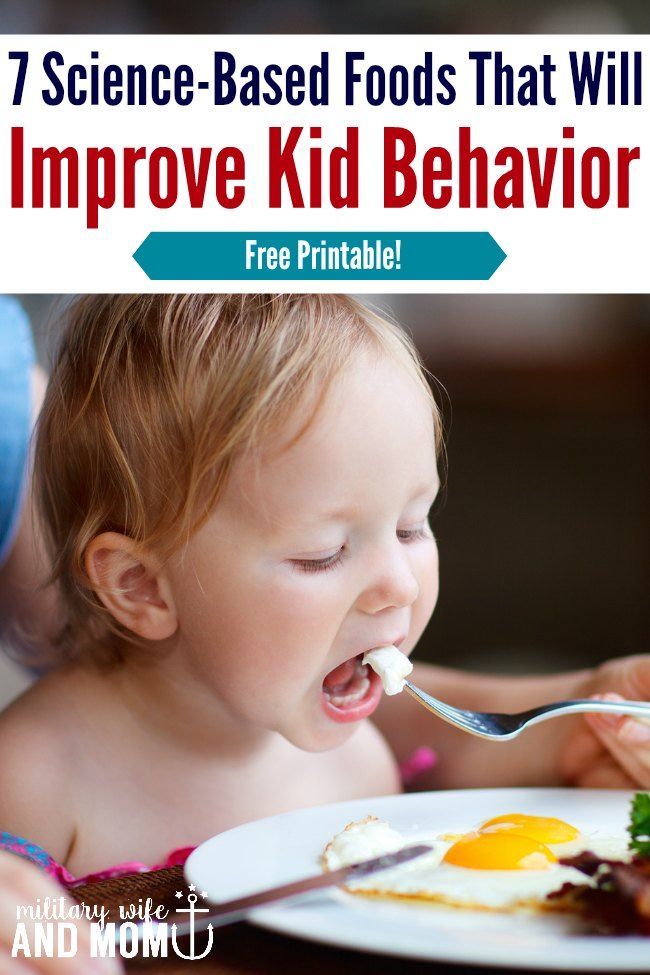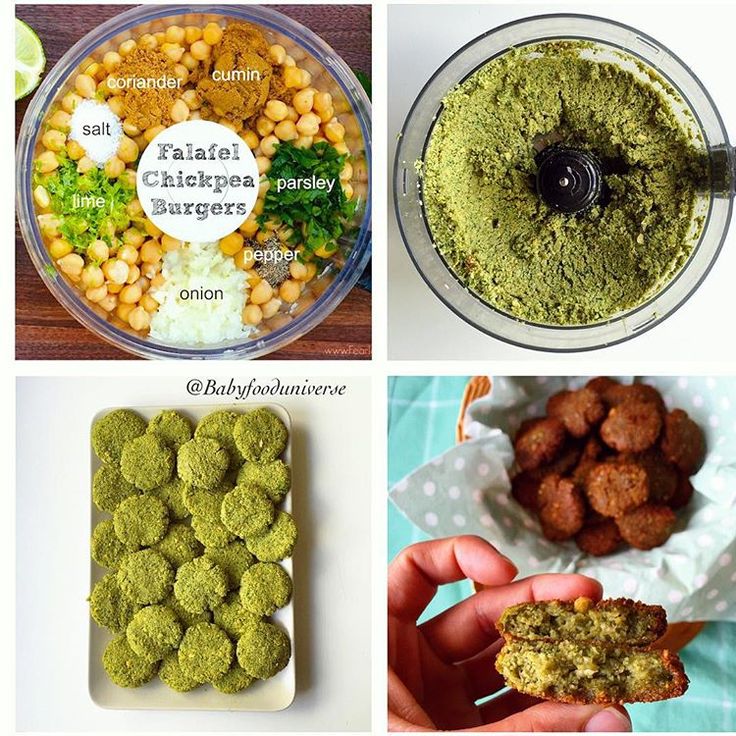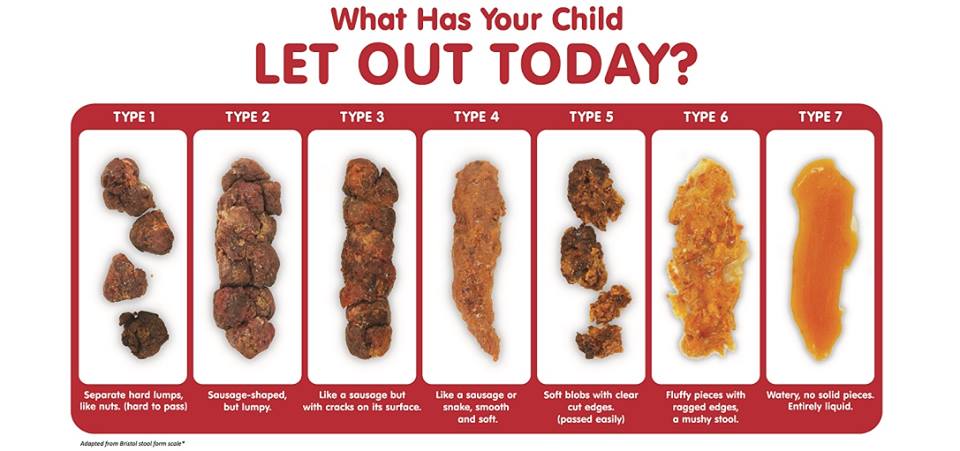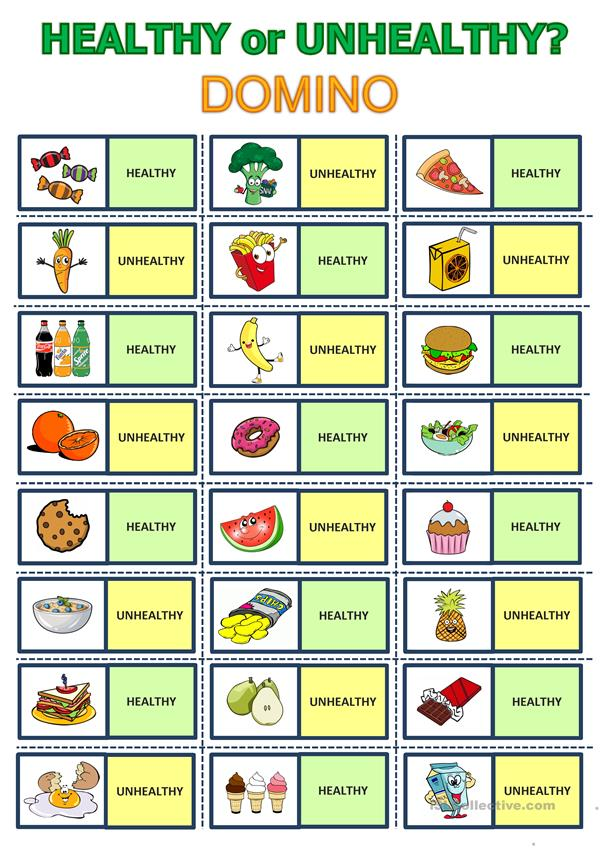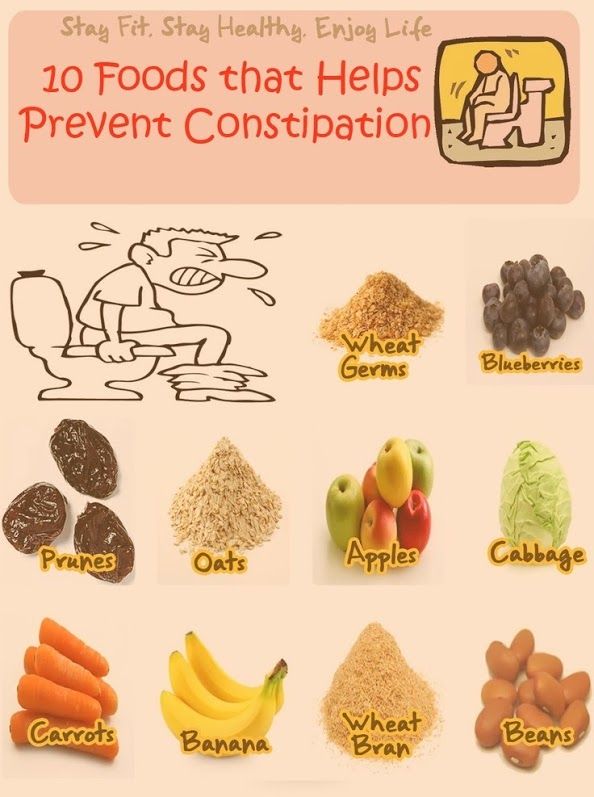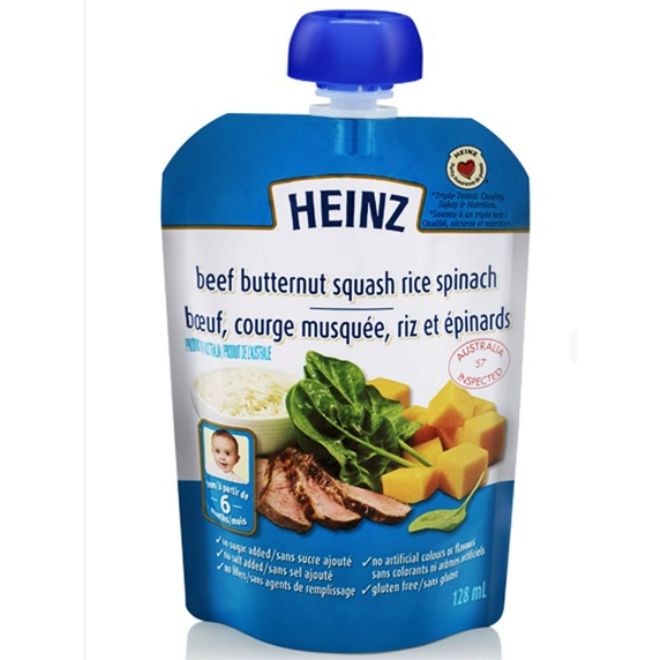Baby spitting up curdled milk after every feed
Baby Spitting Up Curdled Milk: Causes and Treatments
Don’t you sometimes wish that your newborn came with an instruction manual? It would take the guesswork out of some of those pressing questions of the first few weeks: Are they eating enough? Crying too much? Too hot? Too cold? Why are they spitting up when I feed them?
Let’s focus on that last one for a minute. It’s important to remember that for the first few months, spitting up is very normal for babies. And even if the consistency of what comes out seems a little different than what went in, it’s still generally nothing to worry about.
Here’s why your baby might be spitting up curdled milk — and what you can do about it.
Babies spit up all the time because of their undeveloped digestive system. It happens when milk or food comes back up the baby’s esophagus from the stomach. (The esophagus is the organ connecting the stomach to the mouth).
Spitting up and vomiting are separate actions. Vomiting requires force and can be painful in babies. When it comes to spitting up, however, it’s likely your little one won’t even notice when they’re doing it.
Normal spit-up for breastfed and formula-fed babies will usually look quite similar to the milk or formula that the baby just had — more about the curdling in a minute.
Your baby will be relatively comfortable and content during and after spitting up — they may even look pleased with themselves! If they’re not done eating, they’ll have no problem accepting more food after a spitting session.
Spit-up, just like vomit, can contain stomach acid. Babies’ spit-up becomes curdled when milk from breastfeeding or formula mixes with the acidic stomach fluid.
Time also plays a role here. Immediate spit-up after feeding will probably look like regular milk. If your little one spits up after some time as passed, it’s more likely to look curdled milk.
There are a few possible reasons why your baby may be spitting up curdled milk:
Difficulty with digestion
Your baby may have trouble digesting breast milk for a few reasons.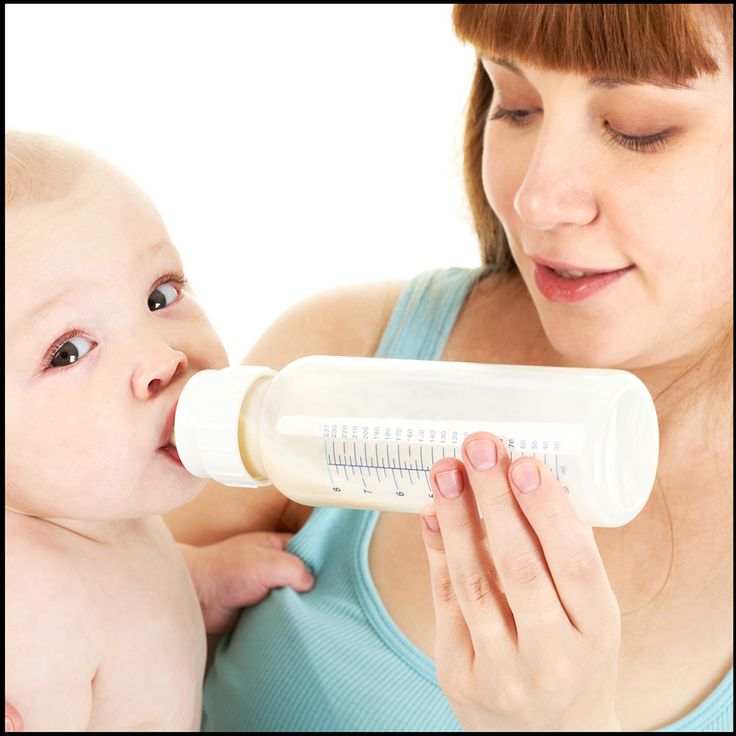 The most common — at least for newborns — is just that their digestive system needs more time to develop.
The most common — at least for newborns — is just that their digestive system needs more time to develop.
Some babies may have an allergic reaction to cow’s milk or formula that contains cow’s milk. Rarely, they may have lactose intolerance or a milk protein allergy. But keep in mind that these come with other symptoms, like diarrhea. Talk to your pediatrician if you suspect an allergy or intolerance.
Your pediatrician may recommend a shift in your baby’s diet to reduce spit-up. Options include:
- soy protein formula
- extensively hydrolyzed formula (EHF), a type of formula that contains broken-down proteins from cow’s milk that are unlikely to cause allergic reactions
- amino acid-based formula (AAF), or an alternative formula for babies that have trouble with EHFs
Keep in mind, though, that babies typically grow out of digestive problems with age.
Acid reflux
Babies may have acid reflux, especially if they’re newborns. Acid reflux happens when stomach acid travels up the throat from the stomach.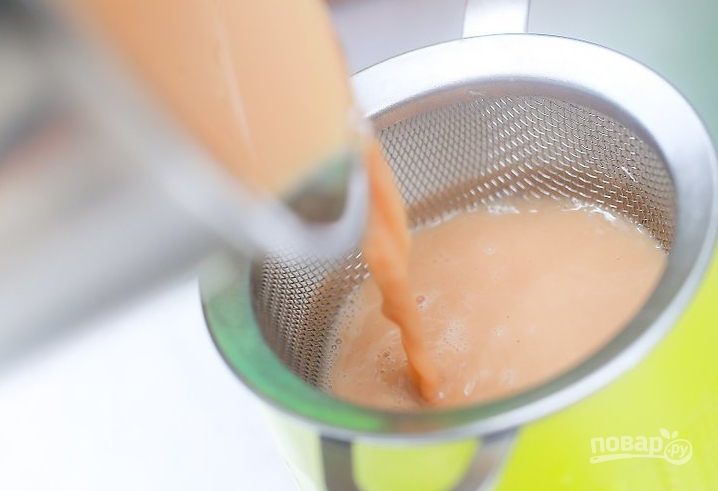 It can be painful.
It can be painful.
Before switching formulas (or switching from breastfeeding to formula), try these home remedies:
- avoid feeding your baby too fast or too much at once
- feed your baby in an upright position.
- if you’re breastfeeding, avoid foods like citrus, tomatoes, spicy foods, carbonated drinks, and foods high in fat (these can affect your breast milk and lead to reflux)
Pyloric stenosis
Pyloric stenosis is rare, affecting about 3 out of 1,000 babies in the United States. The pylorus is the lower part of the stomach that food and other substances pass before entering the small intestine.
The muscles in the pylorus may become enlarged in infants, which causes the pyloric channel to narrow and prevents food from leaving the stomach. Most babies that experience pyloric stenosis are 3–5 weeks old and require treatment and surgery.
Some signs of pyloric stenosis include projectile vomiting of milk, weight loss, and constipation.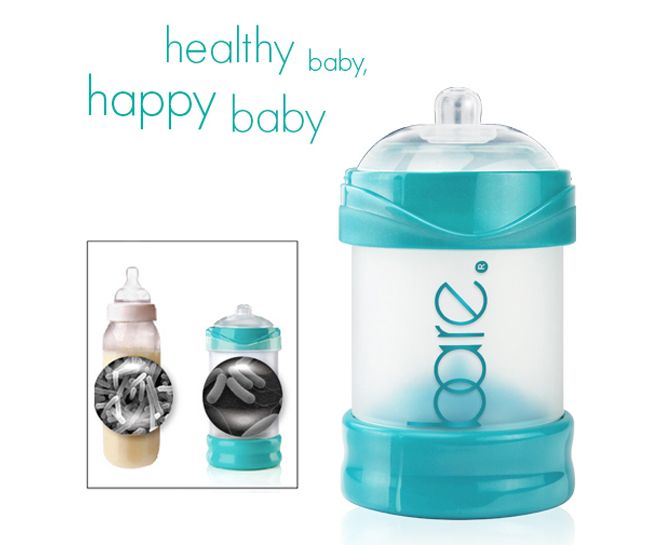 Pyloric stenosis is a serious condition that requires immediate treatment.
Pyloric stenosis is a serious condition that requires immediate treatment.
There are several reasons that may lead to your baby spitting up stomach acid. Spit-up may appear curdled if your baby hasn’t digested milk from feeding. This isn’t always a health concern, but it’s important to pay attention to any changes in your baby’s spit-up.
Talk to your baby’s doctor if you are concerned about your baby’s spit-up or have questions about healthy feeding alternatives.
Why Is My Baby Spitting Up Curdled Milk?
Written by WebMD Editorial Contributors
In this Article
- What Is Baby Spit-Up?
- Why Do Babies Spit Up?
- Methods for Reducing Baby Spit-Up
- When to Be Concerned About Baby Spit-Up
If your baby is spitting up after feeding, you might wonder if this is something you should be concerned about. Spitting up can be even more jarring when the milk has a curdled appearance.
As long as your child is showing no other signs of illness, is alert, and is gaining weight, spit-up is not typically a cause for concern and generally slows down by 12 to 18 months of age.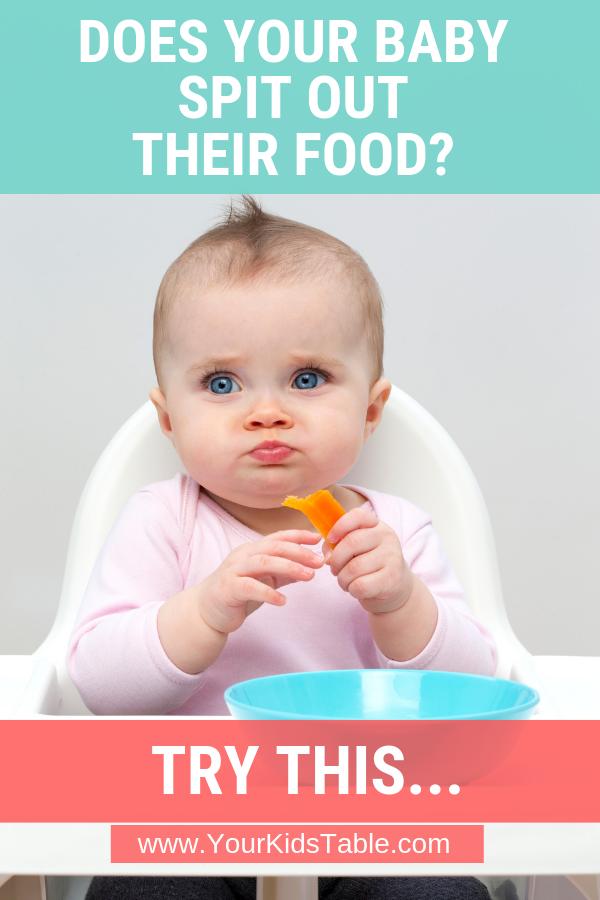
What Is Baby Spit-Up?
Spitting up refers to what happens in the first few months of your baby's life when they regurgitate some of their stomach contents. Because a baby's diet consists of primarily breast milk or formula, the spit-up is likely to be a white texture but can vary depending on how long after feeding your baby spits up.
Spit up that looks like curdled milk is no reason to be alarmed, and there is an explanation. If your child spits up during or immediately after feeding, it is likely to have a smooth, milky texture. If your baby spits up after the milk has had time to mix with your baby's stomach acid, the spit-up is likely to appear curdled.
Baby spit-up differs from vomit in that the flow of spit-up is usually slower and stays closer to the baby's body, while vomiting is more forceful and projectile and can indicate illness. If your child is vomiting, call your child's health care provider.
Why Do Babies Spit Up?
There is a muscle ring between the stomach and the esophagus called the lower esophageal sphincter (LES).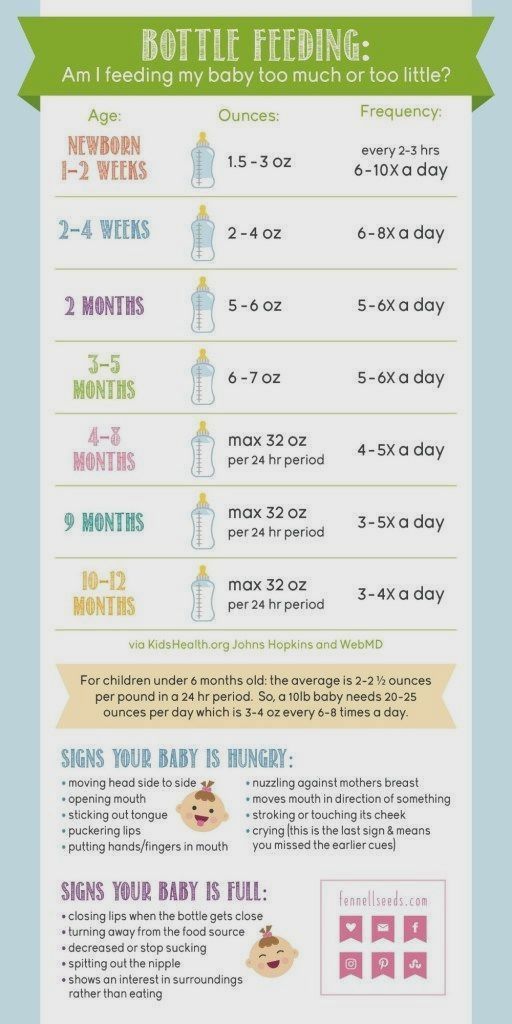 In babies, this muscle is not as developed as it is in adults and older children, resulting in frequent spitting up of stomach contents. Some babies spit up more than others, and it is important to remember that baby's stomachs are very small and can become full quickly.
In babies, this muscle is not as developed as it is in adults and older children, resulting in frequent spitting up of stomach contents. Some babies spit up more than others, and it is important to remember that baby's stomachs are very small and can become full quickly.
Parents often think that their babies are spitting up more than they actually are. A puddle of spit-up or a large spit-up stain can look like a lot of liquid, but it is important to consider how much liquid spreads. Imagine spilling just a tablespoon of water on a table. It would look like a lot more liquid than it actually is.
Methods for Reducing Baby Spit-Up
If your baby is spitting up frequently, and you would like to try to reduce how much they are spitting up, there are a few things that you can try to see if they help:
- You can feed your baby in an upright or semi-upright position.
- You can try to feed your baby smaller amounts of milk in each feeding.
- If your baby is formula-fed, you may want to try a different formula to see if that helps
- If you are breastfeeding, you can try to experiment with your own diet to see if that helps.
 Some mothers find that eliminating dairy from their diet can reduce spit-up.
Some mothers find that eliminating dairy from their diet can reduce spit-up.
Though burping after feeding is frequently recommended to new parents, one study in 2015 found that burping increased the risk of spit-up in infants up to three months old.
Avoid following advice that directs you to place your baby on their stomach while they sleep to prevent spitting up. It is important to place your baby to sleep on their back, as this reduces the risk of sudden infant death syndrome, also known as SIDS.
When to Be Concerned About Baby Spit-Up
Most of the time your baby spitting up is nothing to be concerned about as long as they are happy and gaining weight. However, there are instances where you should call your baby's health care provider.
Some babies develop gastroesophageal reflux disease (GERD). GERD can cause health complications if left untreated. Consult your child's doctor if you notice any of the following symptoms, as they could indicate GERD or other serious health conditions:
- There is blood in your baby's spit-up.

- Your baby's spit-up is green or yellow in color.
- Your baby's spit-up resembles coffee grounds.
- Your baby is refusing to eat.
- Your baby suddenly begins spitting up after six months of age.
- There is blood in your baby's stool.
- Your baby has stopped gaining weight.
- You notice a persistent cough or difficulty breathing.
- Your baby seems lethargic.
- The number of wet diapers has decreased suddenly.
A baby spitting up curdled milk: causes and treatment
Finally you became parents! Every day yours is filled with new pleasant emotions and impressions. Are you happy! But sometimes some events make moms and dads very worried. One of the causes of unrest is regurgitation. Do not worry if your baby in the first months of life spews out the contents of the stomach - this is quite normal. For some it happens often, and for some it happens less often. What it depends on and whether it is possible to help with something, you will learn from this article. nine0003
nine0003
Causes
To understand why a child spit up often and a lot, one should delve into all the details of the process, this will help to distinguish the physiological norm from a dangerous situation. This happens involuntarily. The contents of the stomach are ejected into the esophagus, and then into the mouth. You will not be able to completely get rid of this natural process, but you can reduce the frequency and amount.
The child usually spits up after eating. This is due to the fact that during feeding, along with milk, air enters, which, in turn, provokes abdominal pain - colic. nine0004
What to do?
In order for the air to escape, you need to press the baby with his stomach to his own body in an upright position. In other words, a column. The head should rest on the shoulder of an adult, since he still does not know how to keep it even. If the air does not come out, you can try to lightly pat on the back. This usually helps. Do not be alarmed if milk comes out with air.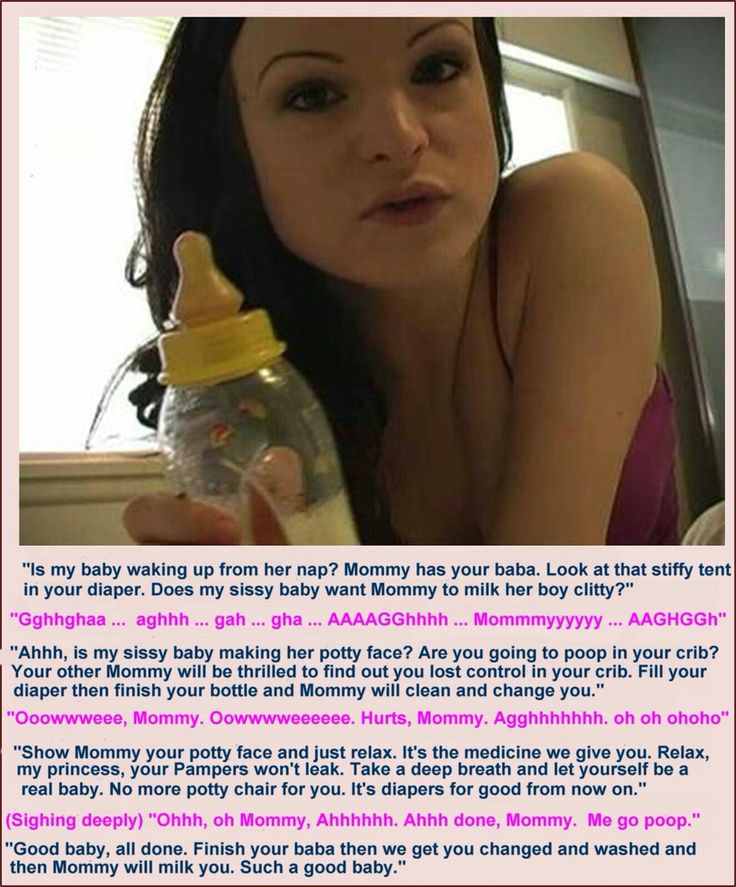 The question often arises: "A month old baby spit up - why does this happen?" Yes, because he likes to suck milk, and he does this not only to satisfy his hunger. This brings him pleasure and brings him closer to his mother. If you pay attention, you can see that even in a dream he makes sucking movements. At the same time, he even smiles. The child spits up after eating because he overeats. Carried away by the process, he sucks out more milk than required. This is not a reason to worry - he has not yet learned to control the process of saturation. He will grow up a little more and will eat exactly as much as he should. nine0004
The question often arises: "A month old baby spit up - why does this happen?" Yes, because he likes to suck milk, and he does this not only to satisfy his hunger. This brings him pleasure and brings him closer to his mother. If you pay attention, you can see that even in a dream he makes sucking movements. At the same time, he even smiles. The child spits up after eating because he overeats. Carried away by the process, he sucks out more milk than required. This is not a reason to worry - he has not yet learned to control the process of saturation. He will grow up a little more and will eat exactly as much as he should. nine0004
More than 80 percent of babies under 7 months spit up every day. The number of regurgitations and their frequency depends on several factors, for example:
- full-term baby or not;
- dynamics of weight gain;
- birth weight;
- mother's desire to feed on demand.
Remember: overeating is never healthy!
Dissonance between the pharynx and intestinal motility is another reason
When a child sucks milk, he does it in series, 3-5 times.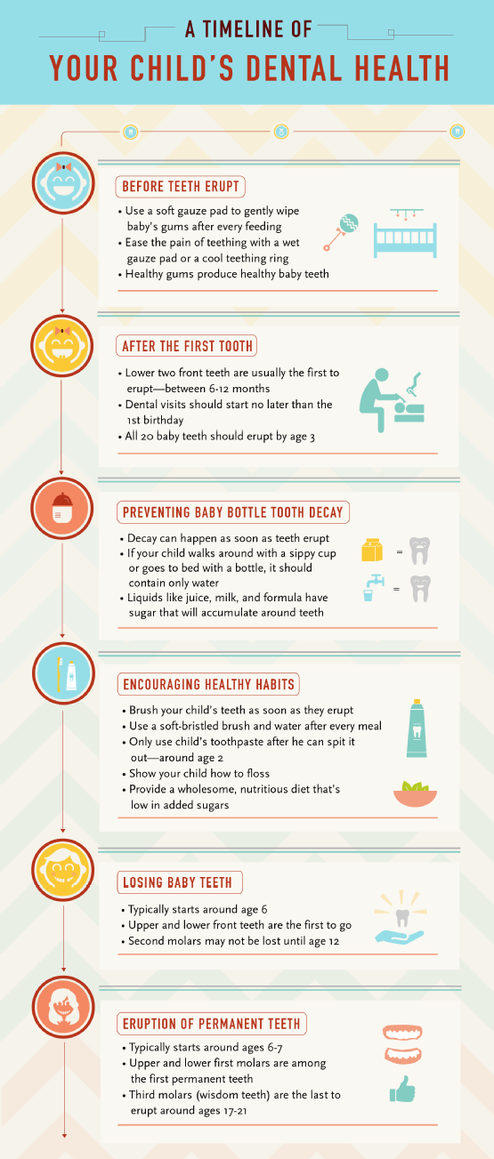 Between them, making small pauses, he swallows what he managed to pump earlier. Breast milk quickly reaches the intestines, as it is a liquid food. When food enters the intestines, peristaltic waves appear. At this time, the pressure in the stomach rises. This gives an impetus to the food returning back into the esophagus. nine0004
Between them, making small pauses, he swallows what he managed to pump earlier. Breast milk quickly reaches the intestines, as it is a liquid food. When food enters the intestines, peristaltic waves appear. At this time, the pressure in the stomach rises. This gives an impetus to the food returning back into the esophagus. nine0004
Another reason why a child vomits curdled milk is that the cardial part of the stomach is imperfect. When he gets older, a cardiac sphincter will appear between the esophagus and the cardia of the stomach, which will not allow food to be thrown into the esophagus by contracting movements.
All troubles from nerves
If the child is too active, then one can observe the stretching of the walls of the stomach. But this cause is rare. And only a specialist can correctly determine it. So, dear mothers and fathers, if you have any suspicions, consult a doctor, do not self-medicate. nine0003
Spitting up and weight gain
Relatives should be primarily concerned about weight gain, not how often the child spit up curdled milk.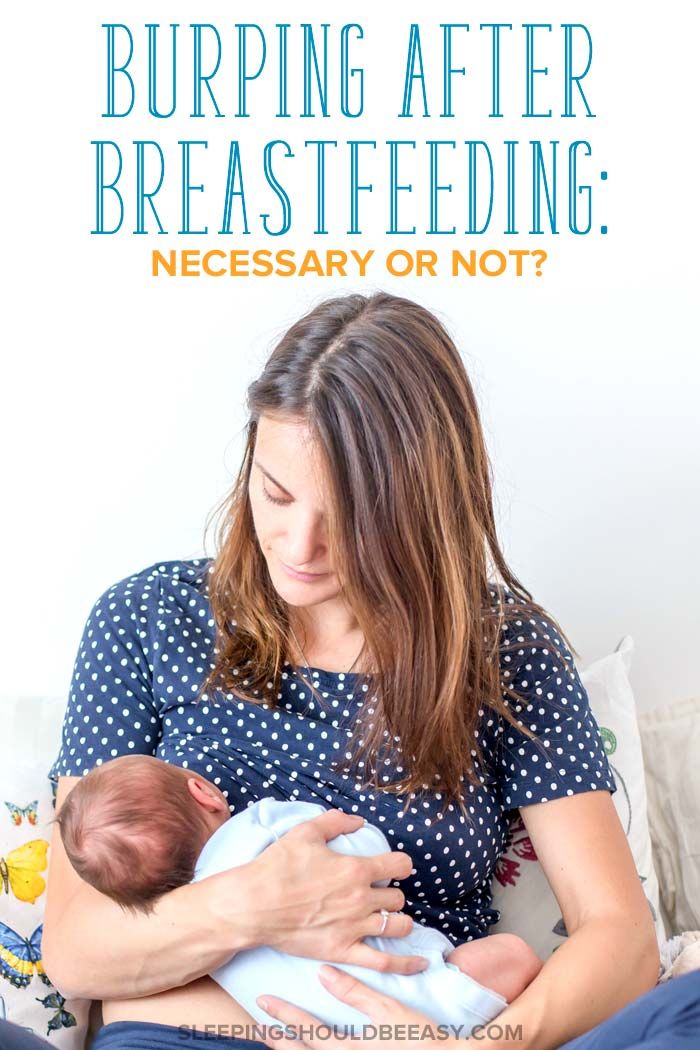 If he is gaining weight well, then you should not worry about it. The system of the gastrointestinal tract is just beginning to form, so this process is the norm. Your baby sleeps well, he is cheerful and smiles often, which means you have no reason to worry. But if he is not gaining weight or, even worse, is losing it, then do not put off a visit to the pediatrician. nine0004
If he is gaining weight well, then you should not worry about it. The system of the gastrointestinal tract is just beginning to form, so this process is the norm. Your baby sleeps well, he is cheerful and smiles often, which means you have no reason to worry. But if he is not gaining weight or, even worse, is losing it, then do not put off a visit to the pediatrician. nine0004
The baby spit up and at the same time lose kilograms
If the child began to spit up and at the same time does not gain weight, then you should sound the alarm, and not hope that this is a physiological norm. The doctor will just examine him, ask his parents about the details and, possibly, prescribe tests. Here are the most common causes of weight loss from regurgitation:
- Infectious disease. The gastrointestinal system immediately responds to infections in the body. Usually the color of the regurgitated mass is yellow or greenish. This is due to the fact that food is mixed with bile.
 If you notice that your baby is spitting up greenish milk - seek medical help immediately! If there are any other threatening symptoms, call an ambulance. nine0019
If you notice that your baby is spitting up greenish milk - seek medical help immediately! If there are any other threatening symptoms, call an ambulance. nine0019 - Lactose intolerance. A woman's breast milk contains a protein called lactose. It is broken down in the stomach by the enzyme lactase. When this enzyme is absent or produced in small amounts, milk intolerance appears. Naturally, if the body cannot digest it, the child will often spit up a lot.
- Improper development of the digestive tract. The digestive system is very complex. And not everyone immediately after birth has organs of the correct size, shape and arrangement in the correct order. Quite often, something is small, and something is pinched or twisted. Only a doctor will be able to correctly identify the "wrong" organ, because of which the child spits up curdled milk. nine0019
Is it possible to reduce the amount of regurgitation?
Everyone is convinced that spitting up in babies who are gaining weight well is a physiological norm (that is, they will not bring danger).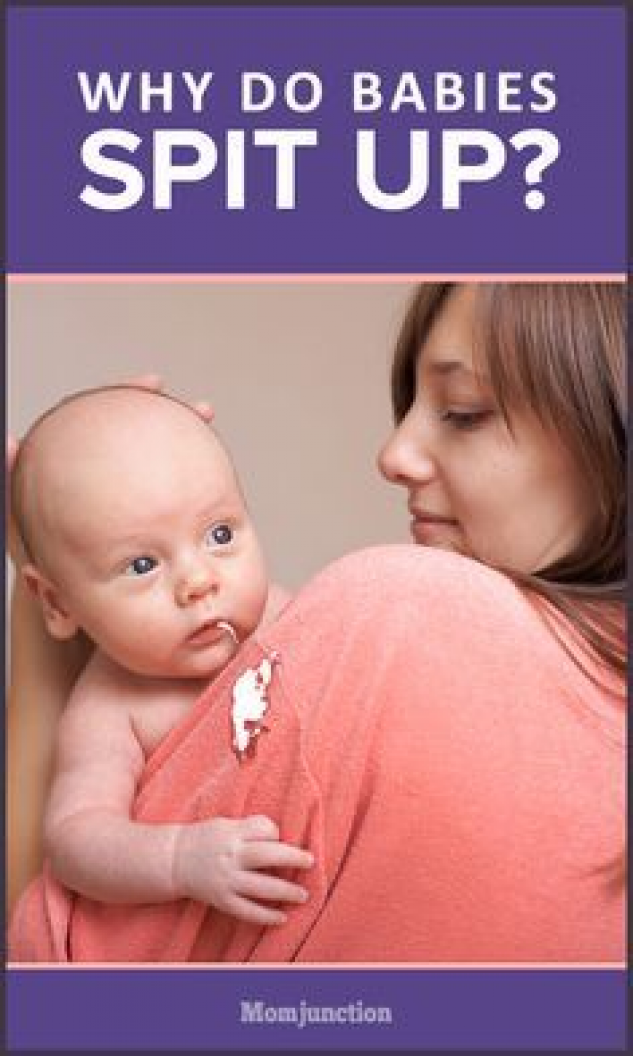 True, not everyone will like the fact that all things begin to smell like belching.
True, not everyone will like the fact that all things begin to smell like belching.
In the pediatrician's office, the question is often asked: "Is there a solution to the problem of regurgitation?" Doctors respond to this that everything will pass with time, you just have to wait. Babies stop inadvertently regurgitating stomach contents through the mouth when they begin to sit up on their own, that is, at about 6-7 months. But what about moms and dads who can't wait? Pharmacies do not sell medicines or special devices that will help solve the problem. The only thing you can use is funds from excess gas formation. Some are produced on the basis of simethicone (drugs "Sab simplex", "Espumizan", etc.), while others are made on the basis of fennel fruits (drugs "Plantex"). You can also use the dill water known in Soviet times or brew the dill composition at home. You just need to know the recipe. Regardless of what you choose, the drug will remove gases from the tummy, which means that pressure on the walls of the stomach will decrease, and the volume of regurgitation should become less. nine0004
nine0004
Dealing with spitting up
When you finish feeding, carry your baby in an upright position (as described just above) for about 20-30 minutes. If you don't have that time, use a sling. The more air the baby releases, the less it will spit up. Do not rush during feeding (both breastfeeding and artificial). It is better to feed more often, but in smaller portions. Artificial pediatricians are advised to help release air after every 90 grams of formula, and breastfed babies - when changing breasts or during a sucking pause. Give both of them another half an hour to rest, do not play with them and throw them up. Believe me, you will still have time to do it. nine0004
Is your child artificial? Then check that the hole in the nipple is the correct size. It shouldn't be too big. Why does the child spit up a lot? Yes, because in our time it is not customary to swaddle. But in vain. Doctors advise to do this (just do not tighten the legs). When the baby is wrapped in a diaper, its activity decreases, and with it the pressure on the walls of the ventricle.
Do not forget to lead an active lifestyle, it will also benefit you. Every day, go outside with the baby in the fresh air, bathe him before bedtime. If you have the opportunity to visit the pool with him - fine, do not miss it. Every time before going to bed, do a tummy massage, gymnastics. It all strengthens the muscles. When putting your baby to sleep, give him a pacifier. This is very helpful. Sucking movements stimulate intestinal activity, and food is no longer supplied. And this means that it will be digested faster. nine0004
Doctors do not recommend!
Do not use bolsters and pillows until the age of one, and do not put the baby to sleep on his stomach, face down. Never leave the little one unattended if he lies on his tummy in a dream. This all increases the risk of sudden infant death syndrome. It is better to place a flat pillow (or a towel folded several times) under the mattress so that the head lies at an angle of about 30 degrees and is turned to the left or right. Even if he burps in this position, he certainly will not choke. nine0004
Even if he burps in this position, he certainly will not choke. nine0004
Don't worry
You may think your baby is spitting up a lot of milk or formula.
You will feel sorry for the milk that mommy's body so diligently produced, or the mixture for which you had to pay a considerable amount. Most likely you are exaggerating. Try spilling a big spoonful of milk on the table and see what a huge puddle you get. Now look at your clothes, is there the same stain? Children usually spit up only a teaspoon. nine0004
The baby spit up in a fountain
A one month old man may spit up in a fountain due to an immature digestive system. But why does a child spit up curdled milk at the age of 3-6 months? The reason for this may be neurological diseases or abnormal development of the digestive system. Check with your doctor.
When else should you seek medical help?
- If the baby spit up all the time between feeds.
- Cough occurs during the expulsion of food from the gastrointestinal tract.
 nine0019
nine0019 - The escaping milk or mixture has a specific unpleasant odor and a brown or green tint.
Infants with such symptoms should be examined first by a pediatrician, and then by specialists of a narrower profile - a gastroenterologist, a neurologist. If any pathologies are identified, the doctors will prescribe a comprehensive treatment that will definitely help. The main thing is to apply in time.
Blood in the regurgitation mass
Most often, at the sight of blood, mothers and fathers immediately begin to panic. First of all, calm down. If you are still breastfeeding the little one, then most likely this blood belongs to you. It can flow from cracked nipples during feeding. Another option. It happens that during regurgitation, the baby is very tense, thereby provoking a rupture of a small blood vessel at the end of the esophagus. All this will quickly heal, and you will forget about it. However, you should still consult a doctor or even call an ambulance if bleeding continues.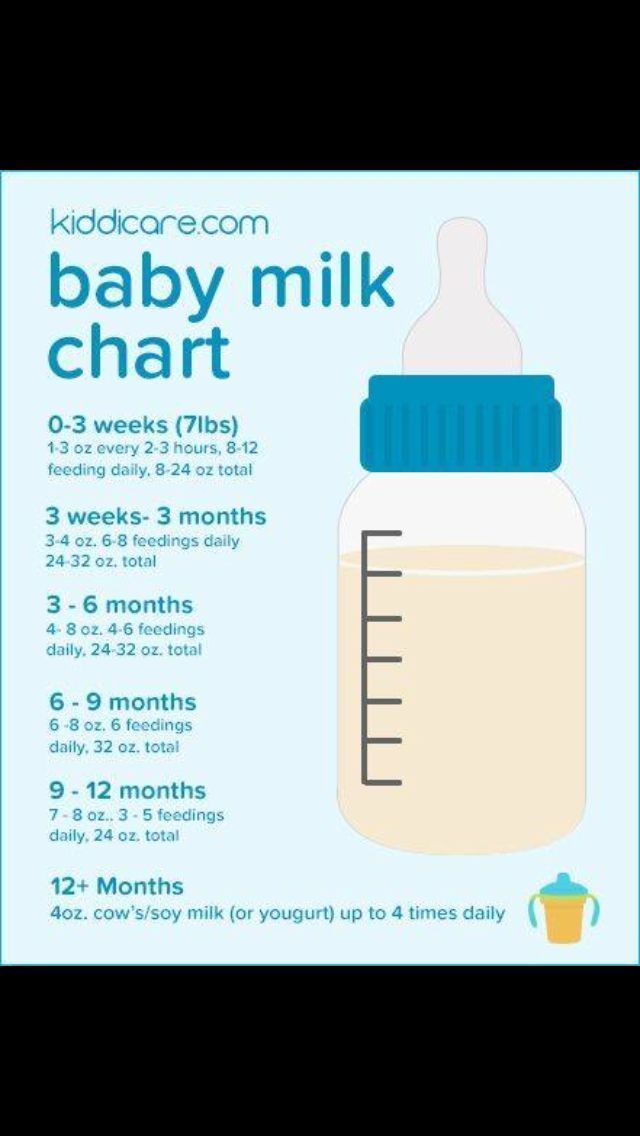 nine0003
nine0003
Wrapping up
If your baby is spitting up, the reasons can be varied and depend on age. If in parallel with this process kilograms are not lost, then this is a physiological norm that does not bring discomfort and harm. Over time, this will all go away on its own. But it happens that children simply “melt” before our eyes, in which case you should definitely contact a pediatrician. Pharmacists have not yet come up with a safe cure for spitting up. The only thing you can do is reduce the frequency and amount. Spend as much time as possible on the street, do massage and gymnastics, bathe your baby. Use products that reduce gas formation. There are a lot of them in pharmacies. Consult with a pharmacist, he will help you make the right choice. Well, here you have found out why the child spits up a lot. You just have to wait until he grows up and gets stronger. Time will fly by quickly, and only pleasant moments will remain in memory. nine0004
Why does the child spit up curdled milk? Is it normal?
Regurgitation is a natural mechanism that helps the baby cope with excess food.
By 6-7 months, the problem completely disappears on its own, and until then, parents have to worry about the frequency of this phenomenon, the volume, color and consistency of the liquid.
Caring for and following simple rules will reduce the number of regurgitations, their volume and give mom and dad the desired peace of mind. nine0004
Causes of the phenomenon
- Overeating. If there is a lot of food, the body returns it back. This is especially true for infants - formula-fed children usually have a strict regimen and always the exact amount of the mixture. It happens that the nutritional value of mother's milk is not enough, the child tries to eat more, and the stomach cannot cope with such volumes.
- Entrainment of excess air due to improper attachment to the breast or due to a too large (or too small) hole in the bottle nipple. Air is also swallowed when the baby rolls violently or cries.
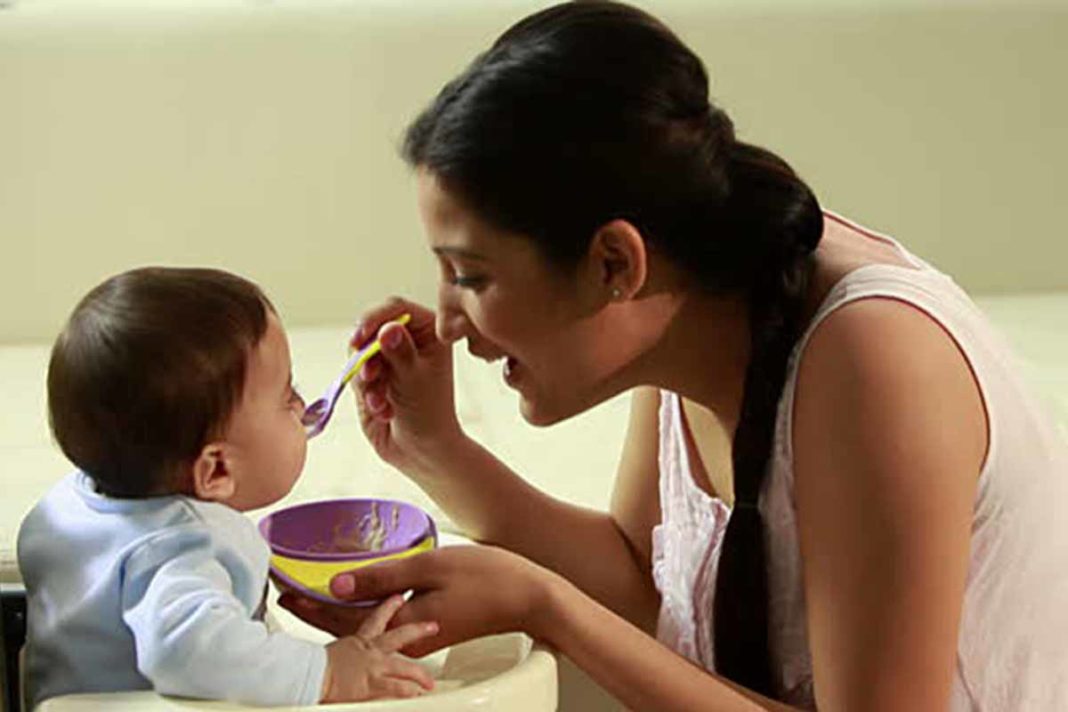 nine0019
nine0019 - Immaturity of the sphincter - a muscle located between the esophagus and the stomach that prevents food from entering back into the esophagus. Risk group: premature or low birth weight babies.
- Dysbacteriosis when the mother does not follow the diet.
- Poor mixture. The baby may react this way to certain allergen components.
Spitting up or vomiting - what's the difference?
Vomiting is a sign of an intestinal infection and should not be ignored. It differs from regurgitation in that it can occur at any time, regardless of the time of feeding, the amount of milk or formula eaten, etc.
If regurgitation milk returns in its original form, or slightly curdled, then masses of a yellow tint and with a pungent odor appear during vomiting. Everything happens against the background of deteriorating well-being of the baby.
Milk regurgitation with a sour smell
A sour smell occurs when the milk or formula has already been partially acidified and the milk has curdled. At the same time, the "porridge" resembles a curd mass. In general, regurgitation almost always smells sour - this is a sign that milk reached the stomach before returning back.
Regurgitation one hour after eating
Physiological regurgitation can occur immediately after eating or 20-40 minutes later (up to an hour). “Lateness” of 1-1.5 or even 2 hours is considered normal in a child under 4 months old - he burped when he woke up, or when air came up. It is worth observing general preventive measures, and everything will stabilize.
Why does the child spit up like a fountain?
With irritation of the intestines, immaturity of the stomach and excessive excitement of the nervous system, regurgitation becomes profuse, sharp and comes under pressure. The cause can also be intestinal obstruction or too much excess milk, which the child's body cannot cope with. In any case, consultation with a pediatrician is obligatory - « fountains" are not considered the norm.
In any case, consultation with a pediatrician is obligatory - « fountains" are not considered the norm.
When should I contact a pediatrician or gastroenterologist?
- The mass has a strange smell, brown or dark tint (a sign of intestinal irritation).
- The child spits up after almost every feeding and a lot - from a few spoonfuls to the entire amount of food taken. Fountain vomiting is observed.
- When spitting up, the baby begins to suffer sharply from colic, he cries and arches in an arc.
- Baby abruptly loses weight from , becomes restless or lethargic. It is imperative to call an ambulance if the color of the skin changes during regurgitation - it acquires a bluish tint.
- Regurgitation observed in a child older than 6 months.
- The phenomenon is accompanied by fever, dehydration is observed, or immediately after rejection of milk, the baby begins to feel hungry.

In case of low or negative weight development after taking preventive measures, the doctor may prescribe "Motilium" to normalize the work of the gastrointestinal tract , or "Riabal", which helps with spasms in response to feeding. Another option is to use special mixtures or formulations with dietary fiber and a thicker consistency.
Dr. Komarovsky about the newborn feeding schedule
What should parents do?
To avoid obstruction of the airway, immediately raise the baby upright, or put his stomach down so that he can quickly get rid of the rejected mass. It is important not to leave the baby in the prone position without adult supervision. nine0004
Then you need to wipe everything, and so that the baby does not suffer from a sour taste, it is better to wash his mouth with a cotton swab dipped in warm boiled water.
Prevention of the phenomenon
Before feeding, let the baby lie on the tummy for a couple of minutes . This is both charging, and help with colic, and the ability to release excess air. It is also worth monitoring the position of the head and the capture of the nipple.
This is both charging, and help with colic, and the ability to release excess air. It is also worth monitoring the position of the head and the capture of the nipple.
If it is difficult to support the baby during feeding, try using a special pillow - these are sold in all stores, but they are easy to make by yourself. When the baby is full, take it with a “column” and vilify it for 15-20 minutes. The air trapped during feeding will come out in the form of a burp.
It is advisable to avoid excessive activity (gymnastics, swimming, massage) for another 1-1.5 hours after eating.
There is no need to treat the child or rush to the doctor if the weight dynamics is positive, the baby feels good, develops and plays. Do not worry if spitting up occurs 1-2 times a day, it does not look like vomiting, and the volume of the returned "gruel" is about a teaspoon. The fact that everything is in order is also signaled by a soft tummy and a normal stool without constipation and diarrhea.


